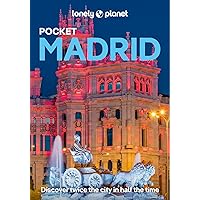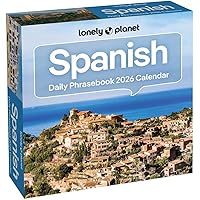The evolution of Spain’s traditional festivals Spain’s traditional festivals are a reflection of the country’s rich cultural heritage and have been celebrated for centuries. However, as modernisation has taken hold, many of these festivals have evolved, blending ancient customs with contemporary elements. One of the most notable examples is the famous Fallas in Valencia. Originally a pagan ritual to celebrate the arrival of spring, the festival has transformed into a spectacular event featuring giant papiermâché figures that are paraded through the streets before being set alight in a grand finale. Despite the changes, the spirit of community and celebration remains strong, drawing visitors from around the world. Another example of the evolution of Spanish festivals is the San Fermín festival in Pamplona. What began as a religious celebration in honour of the city’s patron saint has become famous for the running of the bulls, attracting thrillseekers and spectators alike. While the festival has faced criticism in recent years for animal welfare issues, efforts are being made to balance tradition with modern sensibilities, ensuring that the festival can continue for future generations.
In addition to the wellknown festivals, Spain is home to countless smaller, regional celebrations that showcase the countrys diverse cultural tapestry. In Galicia, for instance, the Rapa das Bestas, or shearing of the beasts, is a unique event where wild horses are rounded up and their manes are trimmed. This centuriesold tradition, held in the village of Sabucedo, is not only a testament to the regions rural heritage but also a communal gathering where locals and visitors alike come together to celebrate. The festival has adapted over time, with modern safety measures ensuring the welfare of both the horses and the participants, while still preserving the essence of the ritual. Moving to the Canary Islands, the Carnival of Santa Cruz de Tenerife is an explosion of colour and music that rivals the famous festivities in Rio de Janeiro. Originally rooted in the Catholic tradition of celebrating before Lent, the carnival has grown into a dazzling spectacle of elaborate costumes, parades, and live music. Over the years, the event has embraced a more inclusive atmosphere, with themes that reflect contemporary issues and promote social unity. The carnival’s ability to evolve while maintaining its joyful spirit is a testament to the resilience of Spanish culture. In Andalusia, the Feria de Abril in Seville is another example of how traditional festivals have adapted to modern times. Originally a livestock fair in the 19th century, the event has transformed into a weeklong celebration of Andalusian culture, featuring flamenco dancing, bullfights, and traditional cuisine. The fairgrounds are filled with casetas, or tents, where families and friends gather to eat, drink, and dance. While the core elements of the festival remain unchanged, the Feria has embraced modern conveniences, with improved infrastructure and services that ensure a comfortable experience for both locals and tourists. As Spain continues to modernise, its traditional festivals serve as a reminder of the countrys deeprooted history and cultural diversity. While some aspects of these celebrations have evolved to reflect contemporary values, the heart of each festival remains unchanged, preserving the spirit of community and joy that has defined them for generations. For travellers, experiencing these festivals offers a unique insight into the rich tapestry of Spanish culture, where the past and present come together in a vibrant celebration of life.





